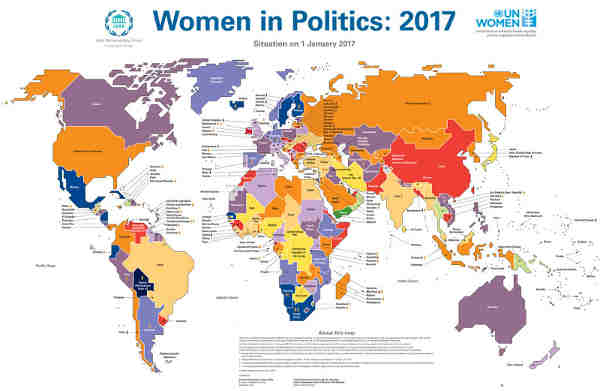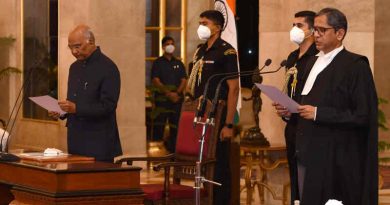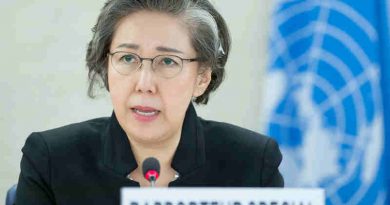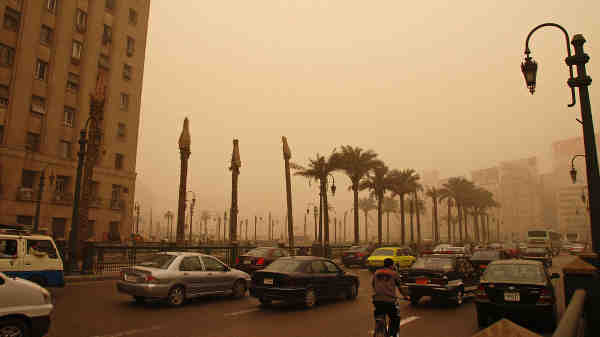New UN Map Reveals the Status of Women in Politics

The number of women Heads of State or Heads of Government fell from 19 to 17 since 2015, and progress in the number of women in parliament continues to be slow, according to the Women in Politics Map launched Wednesday by the Inter-Parliamentary Union (IPU) and UN Women.
Women’s voices are still missing from the executive branches of governments and parliaments worldwide, reveals a UN report.
This trend is slowing achievement of the Sustainable Development Goals (SDGs), the United Nations agency tasked with supporting gender equality said at the launch of a visual representation of women’s political empowerment.
“What is democracy? Is it people for the people, or men for the people,” Phumzile Mlambo-Ngcuka, executive director of UN Women, told journalists in New York. She spoke alongside Martin Chungong, Secretary-General of the IPU.
[ Do You Want Hillary Clinton to Contest the Presidential Election Again in 2020? ]
The Union, established in 1889, is the focal point for world-wide parliamentary dialogue and works for peace and co-operation among peoples and for the firm establishment of representative democracy. The IPU supports the efforts of and works in close cooperation with the UN on relevant objectives.
IPU data shows that the global average of women in national parliaments increased just slightly from 22.6 per cent in 2015 to 23.3 per cent in 2016. The number of female Speakers of the House, however, is up to the highest so far, with 53 out of 273 posts.
[ Why You Must Not Trust Electronic Voting Machines in India ]
“Political campaigns are expensive,” said Ms. Mlambo-Ngcuka identifying some of the challenges facing women who run for office. “Political parties are male dominated. When there isn’t a specific measure in place, women fall off the ground. Men tend to choose those who are made in their own image.”
She noted that some women also experience pushback from men, including physical violence, taunting and bullying; while the media sometimes focuses too much on women’s physical attributes rather than their experiences and political platforms.




